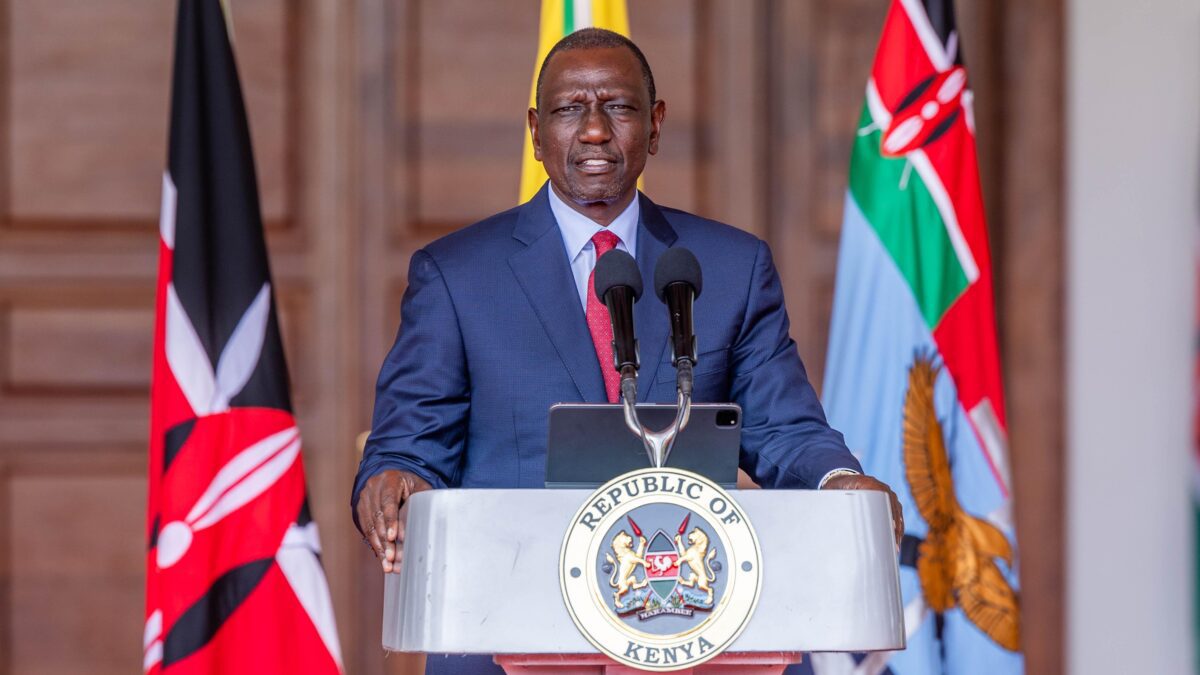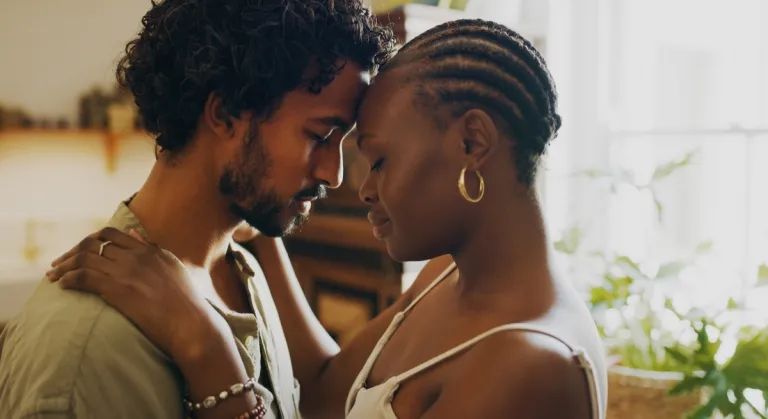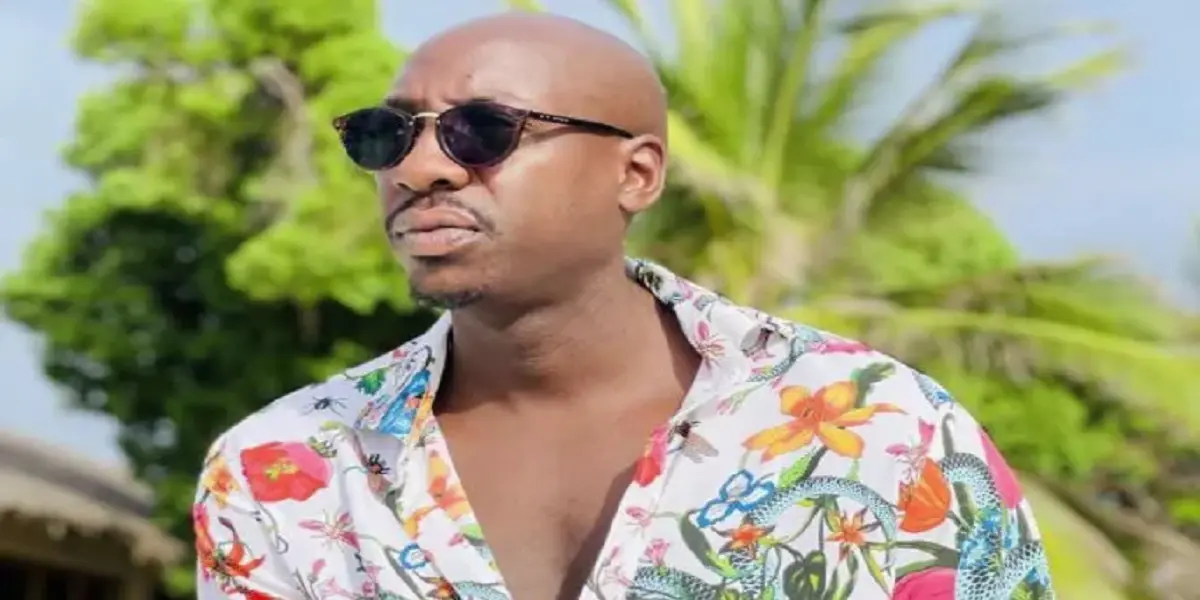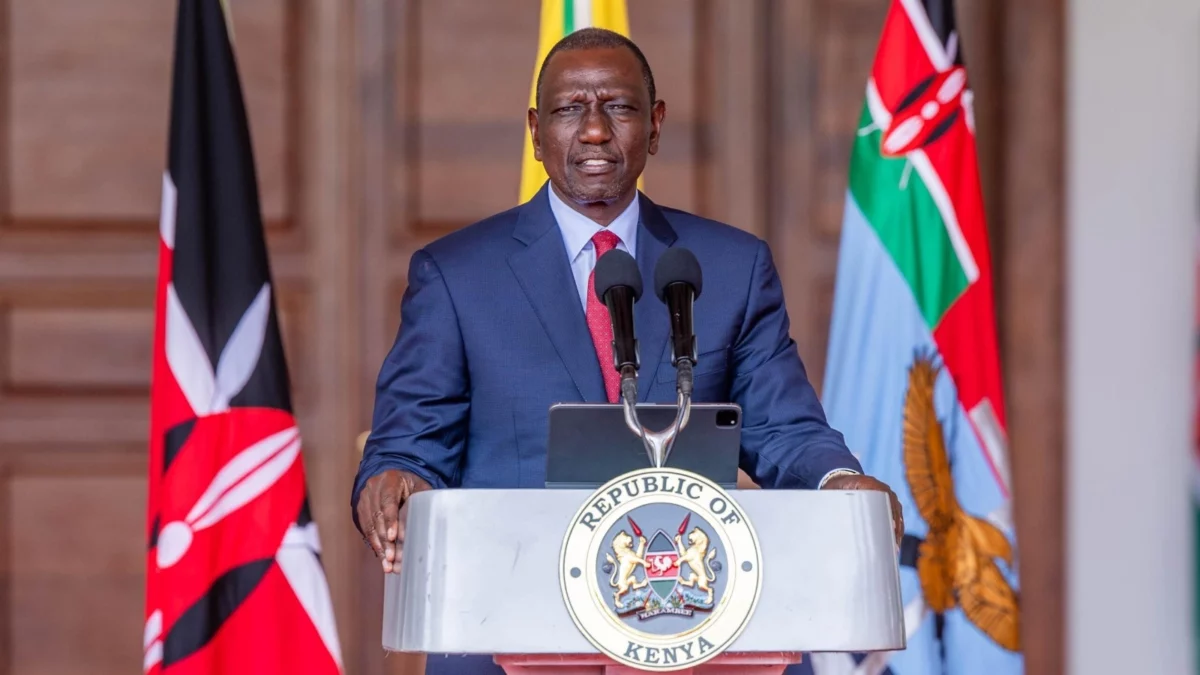Practising safe sex is an important aspect of healthy living that many shy away from speaking about, yet would benefit greatly from learning and empowering themselves towards promoting better living.
Society already suffers from the effects of unprotected sex practised by those who simply didn’t know better or wish they did, with a large majority being the youth, mostly in innocence. The taboo of sex education in itself is easily demystified by bearing in mind it is not what you talk about but how you talk about it and the intention behind it that makes it valuable.
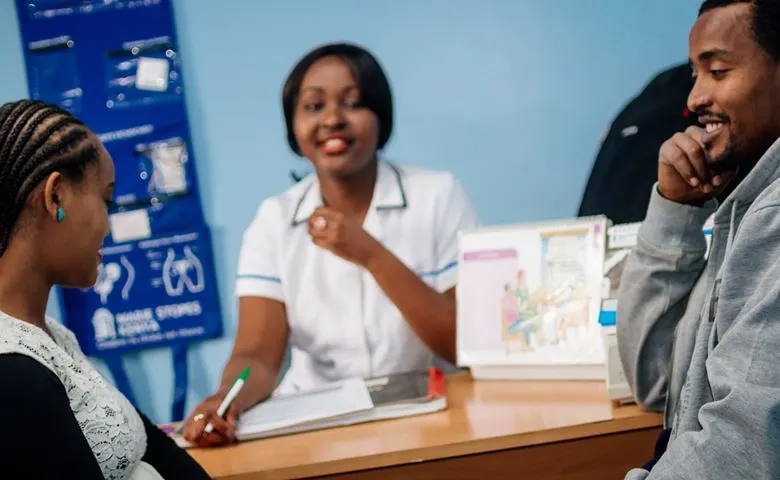
With the right knowledge, early teenage and unplanned pregnancies as well as the spread of harmful diseases among other avoidable difficulties can be mitigated to give our youth a vibrant healthier life and the chance to experience and learn and live life making their own decisions and intention powered by the right knowledge.
According to a study by AFIDEP in 2020, Data from Demographic and Health Surveys showed that almost 2 out of 10 girls between the ages of 15 and 19 were reported to be pregnant or had a child already. This trend has been fairly consistent for more than two decades with little change in prevalence between 1993 and 2014.
Practising Unprotected Sex Safely
The use of condoms protects from sexually transmitted infections (STIs) as well as pregnancy. That’s why it’s important to use condoms when engaging in sexual activities with a new partner.
For instance, if you are in a long-term relationship it would be best to consider using protection, as there is much to consider and discover before thinking about having unprotected sex.
Is it safe to have sex without a condom?
Sexual intercourse without Condoms can only be safe where partners have earned each other’s trust and are open and transparent about each other’s sexual activities. When the relationship has reached a level of exclusivity and commitment, with both partners having been screened for STIs and other related diseases, then the journey of venturing beyond condom use gets closer.
Unless planning for a pregnancy, partners will also need to be using an alternative method of contraception to avoid unwanted pregnancy.
For most couples, establishing that level of trust develops with time, and is not a decision to rush, or to make in the heat of the moment.
Talking to someone about your sexual health has never been easier. Contact Marie Stopes on their toll-free line: 0800720005 or chat with them via WhatsApp
Importance of safe sex in an intimate relationship
Sexually transmitted infections such as chlamydia, gonorrhoea, and HIV are common if sexually active, and it is only advisable to take precautions against such ailments.
Many STIs don’t have any symptoms so you or your partner could have an infection without knowing it, but by using condoms you’re protecting each other from the risk of passing infections between you.
“Condoms offer good protection against STIs. To be effective, you need to put them on before any sexual intimacy and have them on until the end of the intimacy,”
“Sperm leakage can occur from your partner’s penis during foreplay and after sex, so it mustn’t touch your vagina unless he is wearing a condom. This is also true if you’re having anal sex,” one of the experts at Marie Stopes, a reputable company which specialised in sexual and reproductive health services in Kenya, advises.
While Condoms are one of the safest (with abstinence leading the way) methods of preventing the spread of STIs, it also helps in avoiding unwanted pregnancy.
The use of other contraceptives such as IUDs or implants is more reliable.
“So you may want to consider using one of these as well as condoms. Marie Stopes can help you to decide on a method that’s right for you.”
A recap on having safe sex without using protection
To achieve this, both partners need to talk things through them to make sure they can commit to being exclusive and trust each other to stick to it.
Exclusively means both partners have to agree on having sexual contact with each other only.
“Your next step is to get tested for STIs. It’s quick and easy, and though you may feel awkward there’s no need,”
“You can go on your own to the clinic for screening or go together. It doesn’t matter provided you both get tested and share your results.
If one or both of you test positive for an STI you may both need treatment before you think about stopping using condoms.
If one of you has a viral STI, such as herpes or HIV, it will be safer to continue using condoms.
If you have been using condoms to prevent pregnancy, you’ll need to switch to an alternative method.” The statement noted.
There are lots of different options to choose from. Marie Stopes can help you find one that suits you and your partner best.
Some contraception methods, such as some types of pills, don’t work straight away so using condoms continually until they have taken effect is advised.
What to do when not sure when to stop practising safe sex
It’s always okay to say no. If you like someone, it might be tempting to take risks, but in the long term, it will not going to be good for the relationship.
Feeling pressured into having unprotected sex to keep your partner happy is not advisable. It needs to be a choice you are both comfortable with.
You could talk to your partner about it, and why they want to stop using condoms before you are ready.
“There might be other solutions you can explore. You might find that trying a different type of condom will be more satisfying for both of you,”
There are many different sizes, colours, textures, and thicknesses of the male condom to choose from.
And putting on a condom doesn’t need to interrupt sex. You can continue kissing and touching each other so you don’t spoil the mood.” The statement notes in part.
The woman might want to try an internal (or female) condom that is inserted into the vagina, or anus in cases of anal sex.
Female condoms are not widely available as male condoms and are more expensive, but some couples prefer them. A woman can put an internal condom in before things get too heated so it’s there when it is needed.
Subscribe to our YouTube channel at Switch TV.
“If your partner continues to insist on ditching condoms, it might be time to consider if this is a relationship that’s right for you,”
If your partner doesn’t care about your health and well-being, or their own, it doesn’t reflect well on his feelings for you.” Marie Stopes added.









